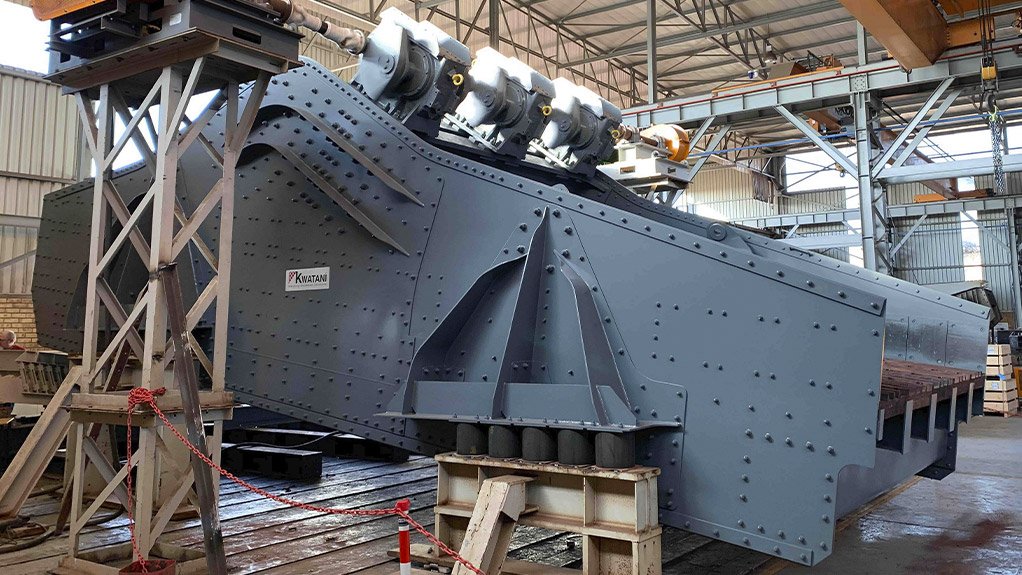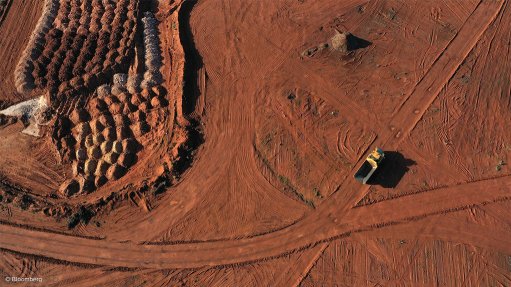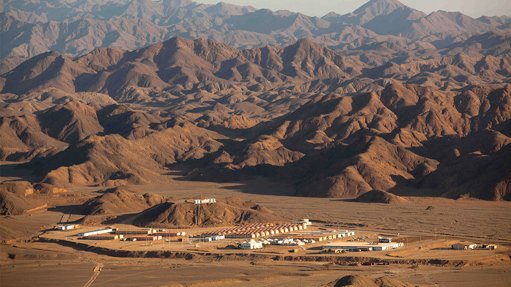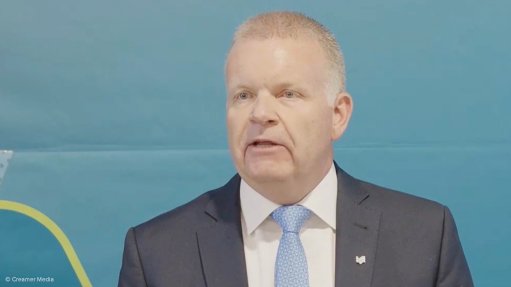Local suppliers make financial sense for manufacturers


LONGSTANDING LOCAL FOCUS Kwatani has relied heavily on local suppliers since going into production in 1976
Using South African suppliers can be far more effective financially when engineering and manufacturing locally and is not simply a matter of complying with Mining Charter III, says industrial and mining vibrating screens manufacturer Kwatani CEO Kim Schoepflin.
From a Mining Charter perspective, there is a big drive towards local content, but “it shouldn’t be a drive, it should occur naturally”, she tells Mining Weekly.
“Importing does not make financial sense when the ability exists to manufacture components locally at a more cost-effective rate. Local has some serious benefits.”
As local manufacturing involves far shorter lead times, compared with importing, and is rand-based, there are definite benefits, especially when exporting products in dollars, says Schoepflin.
Exporting offers South African companies that buy and manufacture locally, but export in dollars, a “great opportunity to hedge against the volatility of the rand”, she adds.
Kwatani has relied heavily on local suppliers since going into production in 1976.
“We started off small, importing unbalanced motors and gearboxes, but quickly began manufacturing components ourselves to meet specific customer requirements and reduce lead times.”
Currently, the company’s direct imports equate to less than 1% and comprise original-equipment-manufacturer bearings, which are not available locally.
Some components, such as its unbalanced motors are manufactured to Kwatani’s technical specifications in the UK. They are imported indirectly, as a local company handles the logistics.
The company could be importing certain components from Asia, but has chosen not to do so in light of the distance, which requires longer lead times and a greater stockholding, and involves the difficulty of managing quality.
“The closer a supplier is, the easier it is to control quality,” advises Schoepflin.
Over the years, Kwatani has developed relationships with suppliers, working with them to produce components according to company specifications and, subsequently, if there is an issue, the company knows that “you can rely on them” to resolve it.
“On-time delivery is of the essence and, if something goes wrong with quality, you know there is a nonconformance report to provide information on the root cause.
“We will delist suppliers that are unable to come to the party regarding root-cause analysis. We cannot tolerate unreliability in our supply chain,” says Schoepflin.
She adds, however, that the company’s growth has necessitated the development of new supplier relationships.
Using local suppliers also provides support for both parties in good and bad times, and allows for the negotiation of terms to secure tenders.
However, Schoepflin highlights the need to avoid complacency by meeting with other suppliers to ensure that what the company is doing is still state-of-the-art.
Local Partnerships
Mines are under huge pressure to involve community members and are asking their suppliers to support this initiative, says Schoepflin.
To assist a mine in the Northern Cape with community participation, Kwatani partnered with a local black-owned company last year to service vibratory equipment according to Kwatani specifications.
The local company has been trained to undertake the servicing of Kwatani’s equipment, but also services machinery on the mines in the region. This not only ensures sustainability of the local business but may also translate into opportunities for Kwatani.
Schoepflin points out that, as Kwatani remains legally liable to the end-user, it has technical staff on site and oversees the service.
She adds that the success of such initiatives depends on their making commercial sense for the mine, the community and original-equipment manufacturers (OEMs), noting that such initiatives need to be implemented where OEMs have significant market share.
Exports
The company maintains that global partnerships are just as important as local ones.
Kwatani was a finalist in the SA Capital Equipment Export Council Exporter of the Year Awards last year, having grown its footprint to include 39 countries since 2012, when it exported to only a handful of countries.
“There is international interest in Kwatani equipment based on the company’s reputation and our reference base,” says Schoepflin, noting that the company has equipment installed as far afield as Russia, Malaysia and Mexico.
However, she emphasises that local technical services in these countries are of critical importance.
“Our customers’ uptime is of prime importance. We are engineering equipment to ensure that they enjoy continuous uptime. Our equipment ensures this by being highly robust and efficient, but providing after-sales technical services is also important.”
With representation already in place in some countries, Kwatani aims to establish more formal representation in export destinations through competent companies, which could potentially lead to further business opportunities.
In North and South America, Kwatani has appointed representatives, trained by the company, to provide a source of local equipment supply and after-sales services, undertake refurbishment of equipment, hold stock and offer technical after-sales services.
Schoepflin says that the Investing in African Mining Indaba, which will be held in Cape Town from February 3 to 6, has a significant international component, therefore, it is important for the company to attend.
“It also provides a very good indication of the African mining market – what the trends, challenges and political sentiments are.
“We are always looking at the bigger macroeconomic impacts, such as commodity prices, because you have to keep your company attuned to what is happening in the market,” she concludes.
Article Enquiry
Email Article
Save Article
Feedback
To advertise email advertising@creamermedia.co.za or click here
Announcements
What's On
Subscribe to improve your user experience...
Option 1 (equivalent of R125 a month):
Receive a weekly copy of Creamer Media's Engineering News & Mining Weekly magazine
(print copy for those in South Africa and e-magazine for those outside of South Africa)
Receive daily email newsletters
Access to full search results
Access archive of magazine back copies
Access to Projects in Progress
Access to ONE Research Report of your choice in PDF format
Option 2 (equivalent of R375 a month):
All benefits from Option 1
PLUS
Access to Creamer Media's Research Channel Africa for ALL Research Reports, in PDF format, on various industrial and mining sectors
including Electricity; Water; Energy Transition; Hydrogen; Roads, Rail and Ports; Coal; Gold; Platinum; Battery Metals; etc.
Already a subscriber?
Forgotten your password?
Receive weekly copy of Creamer Media's Engineering News & Mining Weekly magazine (print copy for those in South Africa and e-magazine for those outside of South Africa)
➕
Recieve daily email newsletters
➕
Access to full search results
➕
Access archive of magazine back copies
➕
Access to Projects in Progress
➕
Access to ONE Research Report of your choice in PDF format
RESEARCH CHANNEL AFRICA
R4500 (equivalent of R375 a month)
SUBSCRIBEAll benefits from Option 1
➕
Access to Creamer Media's Research Channel Africa for ALL Research Reports on various industrial and mining sectors, in PDF format, including on:
Electricity
➕
Water
➕
Energy Transition
➕
Hydrogen
➕
Roads, Rail and Ports
➕
Coal
➕
Gold
➕
Platinum
➕
Battery Metals
➕
etc.
Receive all benefits from Option 1 or Option 2 delivered to numerous people at your company
➕
Multiple User names and Passwords for simultaneous log-ins
➕
Intranet integration access to all in your organisation



















